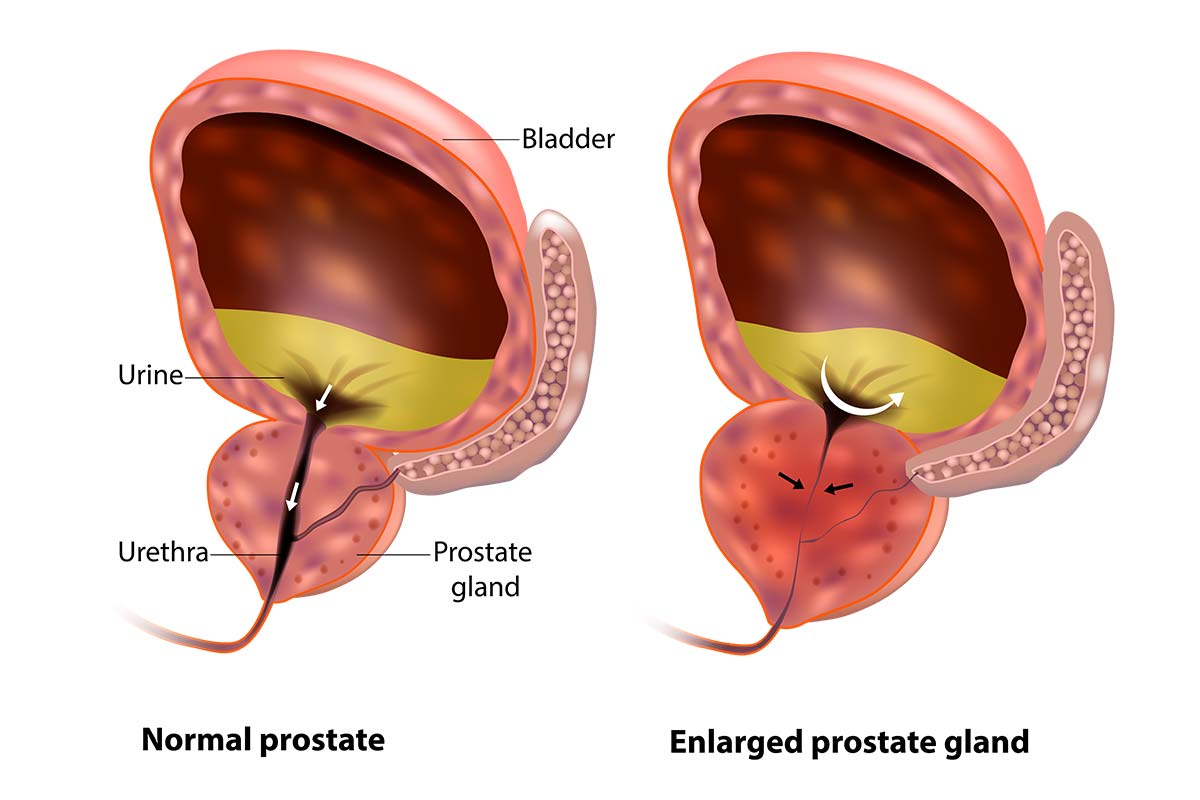
When it comes to selecting a natural remedy for prostate cancer there are many options to choose from, and you don't need to be a doctor to do so. There are numerous options, such as Saw palmetto and Rye grass pollen, Astragalus and Soy. It is crucial to follow the steps step-by-step. If the natural remedy doesn't work seek out a physician.

While the precise mechanism behind action of saw palmetto isn't known, studies suggest that it could reduce BPH symptoms as well as increase the flow of urine. It is believed that it reduces the production of leukotrienes (a type of hormone). There is no evidence to suggest that saw palmetto interacts with other drugs. More research is needed to prove that saw palmetto is a safe treatment for prostate cancer and BPH.
In one study, 225 men suffering from benign prostatic hyperplasia (BPH) were treated with saw palmetto extract 160 mg daily for a year. The primary and secondary outcomes were the American Urological Association Symptom Index and the rate of flow through the urinary tract. Other outcomes included quality-of-life and laboratory results as well as adverse effects.
Research has shown that ryegrass pollen can decrease the size of prostates with enlarged prostates and reduce swelling and pain in the prostate. It is also believed that it increases zinc levels, which may be beneficial in BPH treatment. Rye grass pollen is a source of health benefits, including relief from BPH symptoms and an improvement in quality of life. This natural remedy should not be used as an treatment for BPH.
Researchers believe that the ryegrass pollen is safe and effective for treating prostate problems, despite the absence of long-term studies on safety. Dr. Lynch, an Fellow of Integrative Medicine at Beth Israel Medical Center and Continuum Center for Health and Healing, and Dr. Find More Details On This Page (a specialist in phytotherapy), conducted research to discover the possible benefits and risks that rely on ryegrass pollen as an herbal remedy.
Astragalus, a natural element is believed to boost the metabolism, immunity, and heal wounds. It promotes the production and maintenance of white blood cells, as well as antibodies. Astragalus is also beneficial for digestive disorders and can aid in healing ulcers. It also has antioxidant, anti-inflammatory and other properties.
Studies have shown that Astragalus could reduce the symptoms of BPH in patients and improve their quality of life. A review published in the Journal of Herbal Medicine Phytomedicine suggests that this herb could aid in treating benign prostatic hyperplasia. This herb is extensively used in Ayurvedic medicine and may be a natural remedy to treat prostate enlargement.
Beta-sitosterol, a hormone naturally produced, is found in soy. It has been shown that it reduces prostate inflammation and improve urinary flow for those suffering from prostate enlargement. In a previous study it was associated with a decrease in the volume of residual urine in the prostate. It is also believed that it reduces prostate inflammation-related substances. It is possibly beneficial for prostate health to consume soy and other omega-3-rich fatty acids. In addition, some vegetable oils also contain phytonutrients that have anti-inflammatory properties.
Soy is a rich source of isoflavones. They can slow the growth of prostate cancer as well as reduce the symptoms of enlarged prostate and BPH. BPH can be treated with soy products. LetsGetChecked offers a no-cost test if you suspect you might have BPH. The labs used for these tests are certified by CLIA and provide fast results.
A natural solution for enlarged prostate and BPH can reduce enlarged prostate symptoms and reduce prostate size in only minutes. BPH, also known as an prostate that is enlarged, refers to a condition where the prostate gets larger as we age. The prostate presses on the bladder and weakens it. BPH can cause discomfort, along with other health issues, such as chronic infections, hematuria, and damage to the bladder's wall.
In the current study 50 mg of prostate tissue was homogenized using 0.5 mL of phosphate buffered SDS. The homogenate was later mixed with 0.25mL of SDS solution. The mixture was centrifuged at 15,300 x g for 10 min at 4°C.
Beta-sitosterol is a natural treatment for benign prostatic hyperplasia (nonmalignant enlargement) is a good alternative. It can trigger symptoms like irritation and obstruction-related lower urinary tract symptoms (LUTS). BPH is treated with an herbal preparation that is a phytotherapeutic ingredient that is a source of beta-sitosterols. It is extracted from star grass the South African plant species.
Beta-sitosterol, a steroid which is derived from the prostate, is one example. It has been proven to reduce symptoms of BPH in men. Numerous clinical trials have demonstrated that beta-sitosterol has a positive effect on symptoms. It also has been proven to lower the risk of prostate cancer.